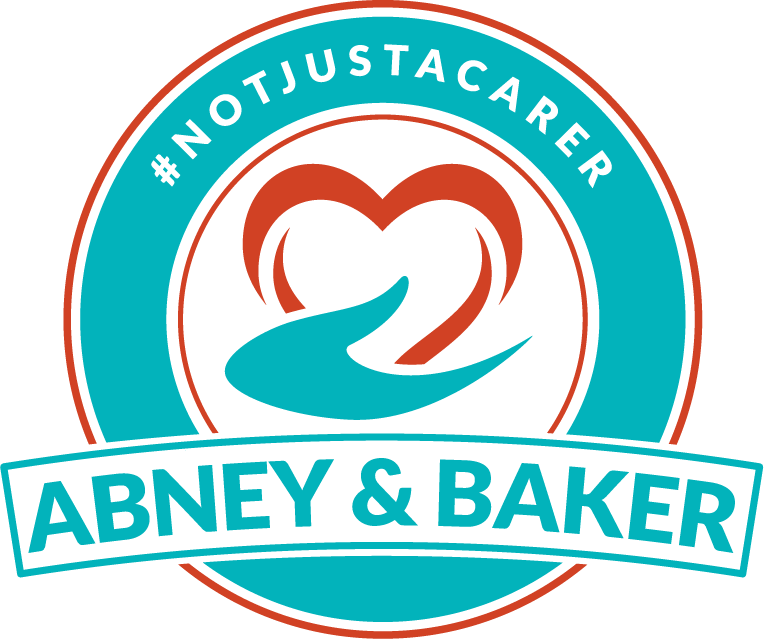Is Lying A Symptom Of Dementia? People with dementia may lie for no clear reason and they may get confused whether their actions are harmful. Read the full blog to understand why lying occurs, what forms it can take and how to deal with it.
Dementia-Friendly Help At Home Ideas
Dementia is a neurodegenerative disorder that causes loss of cognitive functions such as remembering, thinking, and reasoning. The loss of cognitive functioning eventually interferes with the affected individual's daily life and routine. In this blog, we share dementia friendly help at home ideas to help support you and your loved one.
Aggression & Dementia: Causes & Coping for Home Caregivers
Dementia and other related conditions, such as Alzheimer’s disease, can cause your loved one to have drastic changes in their behaviour and personality. As a result, they can hit, scratch, and even bite. They can also become insulting and aggressive towards their carer and other family members.
Read more here for how to cope with aggression & dementia: Causes & Coping for Home Caregivers.
What Is The Biggest Cause Of Alzheimer's Disease
The abnormal build-up of proteins around brain cells causes Alzheimer’s disease. This neurodegenerative brain disorder causes memory loss and negatively affects the thinking skills and ability to carry out normal day-to-day tasks.
Learn more about what the biggest causes of Alzheimer's and factors that increase the risk.
How To Support Someone With Dementia Care At Home
Caring for someone with dementia can be challenging, but there are many things you can do to make life easier.
One of the most important things to remember is that dementia is a progressive disease, which will get worse over time. As the disease progresses, the patient may lose the ability to dress, bathe, or use the toilet independently. They may also become more confused, restless, and agitated. In the later stages of dementia, the person may become bedridden or even lose the ability to speak.
No matter what type of dementia a person has, some basic things remain the same. People with dementia need help living independently. This is where you come in, as a home care worker, you can help with things like bathing, dressing, and grooming.
As part of your care services, you may also need to prepare meals, run errands, and provide companionship care. In this blog, we will talk about how to support someone with dementia care at home.
‘Sundowning’: What It Is and How To Help
Sundowning is a pattern of deterioration that can occur in people with dementia. It typically happens late in the day, hence the name sundowning. There are many reasons why this occurs, and it can be frustrating for caregivers. In this blog post, we will discuss what sundowning is, why it happens, and how to help caregivers manage this difficult condition.
Dementia Guide For Home Care Assistants
Dementia is a neurodegenerative disease that leads to loss of cognitive functioning, such as thinking, remembering and reasoning. The loss of cognitive functioning eventually interferes with the affected individual's daily life and routine. Dementia affects people of all ages, but is most common in older adults.
There are many types of dementia, and the most common include Alzheimer's disease, vascular dementia, mixed dementia and frontotemporal dementia. Some people with dementia experience sudden changes in their behaviour.
Symptoms vary depending on which type of dementia is diagnosed. Dementia is a complex disease, each person experiences different symptoms, and their dementia is unique to them.
The severity of dementia varies from a mild stage to the most severe stage, depending on which part of the brain is affected.
Read more on the topic of our Dementia Guide for home care assistants.
7 Things Not to Say to Someone with Dementia (and What to Say Instead!)
Communicating with someone with dementia can be challenging. If you have a loved one with a dementia diagnosis, you may feel guilty for not being able to fully understand them. Progressive neurodegenerative disorders such as Alzheimer’s and dementia can cause the affected individual to struggle to communicate appropriately and they may get frustrated as they can struggle to get their point across.
Learn more here from our blog about “7 Things not to say to someone with dementia”.
Is There A Difference Between Dementia And Alzheimer's?
Early Symptoms Of Dementia - Your Guide
Your Alzheimer's Disease Questions Answered
What Is Frontotemporal Dementia?
What Is Dementia?
Dementia: How to Reduce the Risk and Frequently Asked Questions
The number of people living with dementia is staggering. Every 3 seconds, this disease impacts another person! In 2020, 55 million sufferers worldwide were recorded, nearly double what we had just 20 years ago. It is targeted to reach 78 million by 2030.
Our aged loved ones play a significant role and are an essential part of our communities. They provide us with a sense of warmth, love, and trust, as well as wisdom and knowledge to guide coming generations. So it’s no wonder we want to provide them with the right care, support and treatment, so their quality of life continues to be the best it can be.
In this blog, we talk about these mental health issues, dementia, and how to reduce the risk.


















